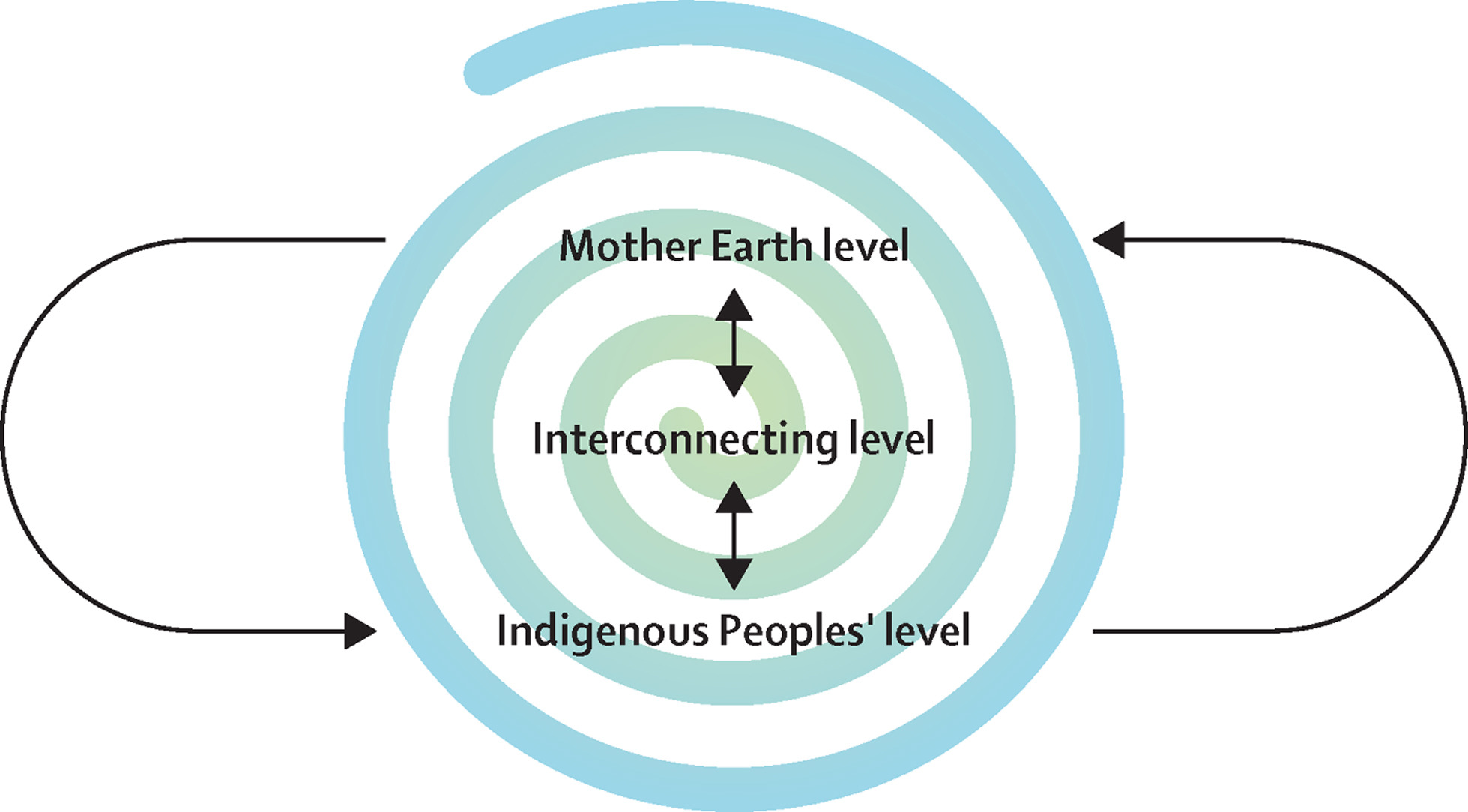Mohammad Mehdi Golbini Mofrad, Iman Parseh, Mokhtar Mahdavi,
Chapter 11 - Hazardous and industrial wastewaters: from cutting-edge treatment strategies or layouts to micropollutant removal,
Editors: Abdul Mohammad and Wei Ang,
Integrated and Hybrid Process Technology for Water and Wastewater Treatment,
Elsevier,
2021,
Pages 233-251,
ISBN 9780128230312
Marc Rosen, Aida Farsi, CHAPTER ONE - Introduction to desalination and sustainable energy, Editor(s): Marc Rosen, Aida Farsi, Sustainable Energy Technologies for Seawater Desalination, Academic Press, 2022, Pages 1-44, ISBN 9780323998727


